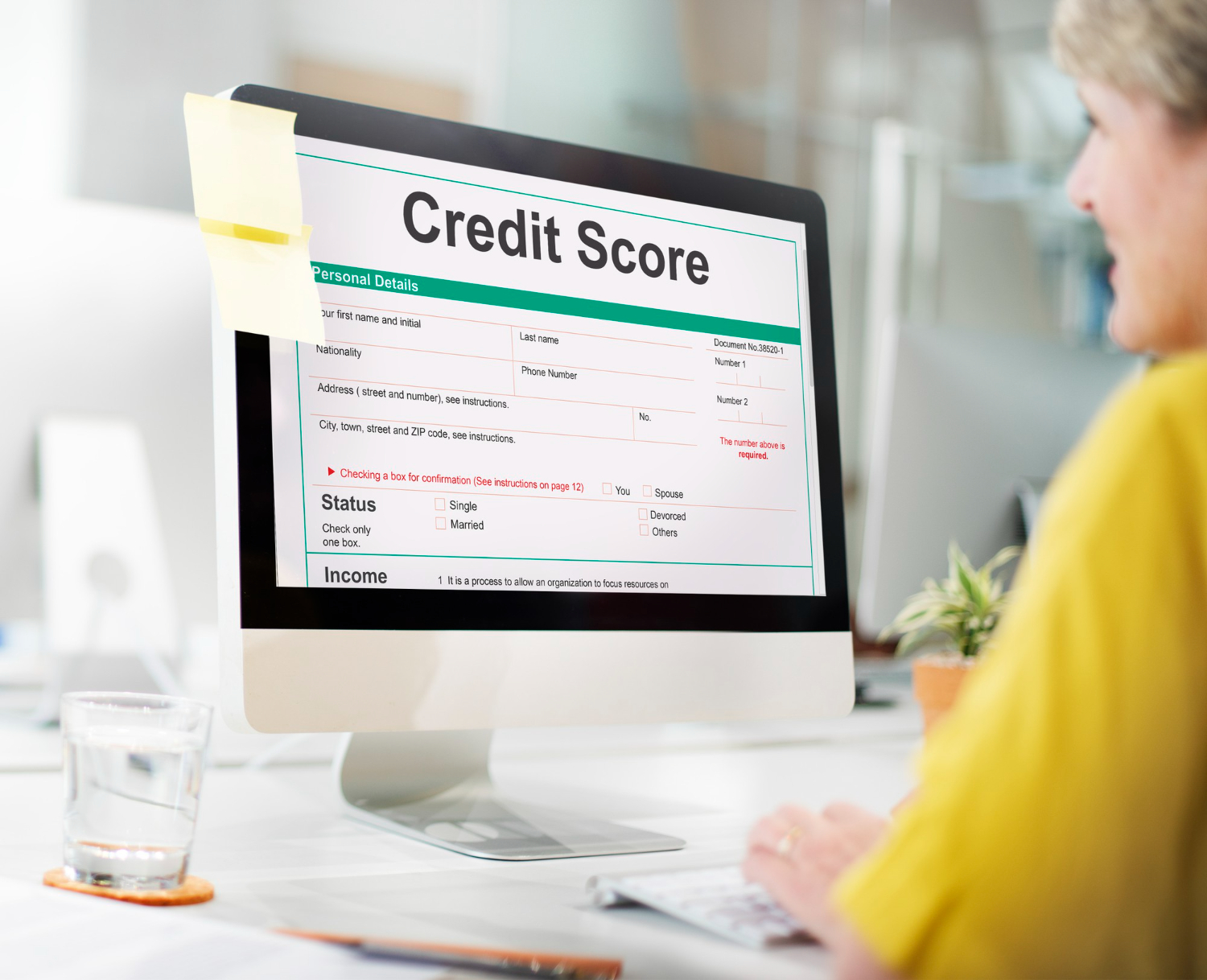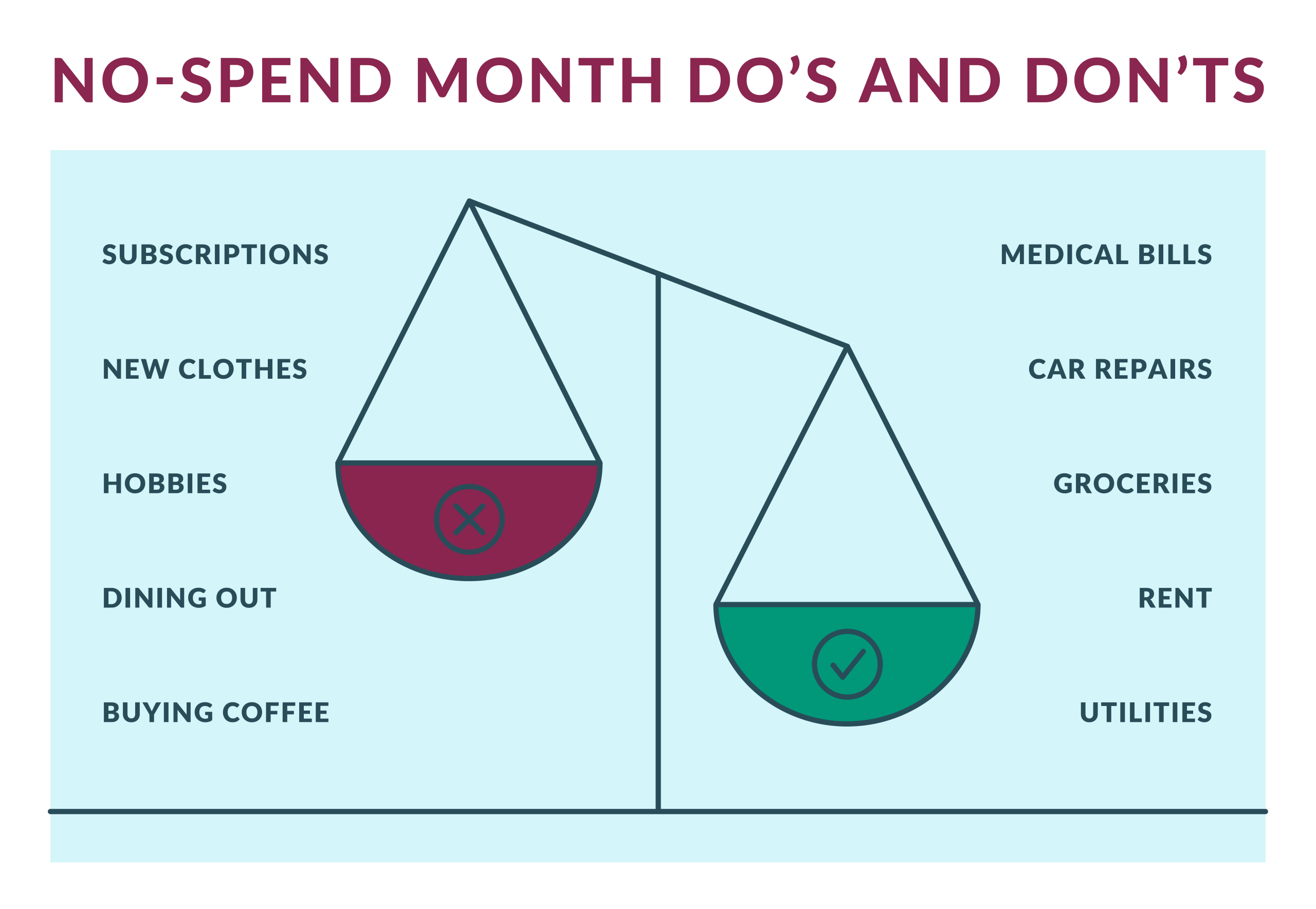Anúncios
Building a solid credit history is an essential step toward financial independence and long-term stability.
A good credit history not only helps you qualify for loans and credit cards with better terms but also impacts aspects such as renting an apartment or even securing a job.
For those starting from scratch, understanding how to build a credit history can seem daunting.
However, with consistent and deliberate actions, it’s possible to establish and develop a strong credit profile.
Keep reading to learn about our strategies for building a credit history!
How long does it take to build credit?
Building a credit history takes time and patience. Typically, you’ll start to see initial progress within 3 to 6 months of responsible credit use.
For a more robust credit history that allows you to qualify for favorable terms on larger loans, it may take 2 to 3 years of consistent effort.
The timeline depends on various factors, such as how frequently you use credit, the types of credit accounts you manage, and how punctual you are with payments.
It’s important to understand that building credit is a gradual process. Consistency is key — adopting good habits early and maintaining them will help you establish a strong credit history over time.
Strategies to build a good credit history
Establishing a good credit history requires discipline and the application of effective strategies.
For those starting from scratch, it’s essential to adopt practices that demonstrate financial responsibility to creditors.
From selecting the right products to maintaining consistent payments, the steps below will help you build a solid and reliable credit profile over time.
Apply for a secured credit card
A secured credit card is an excellent starting point for those with no credit history.
This type of card requires an initial deposit, which serves as collateral and is usually equal to your credit limit.
By using the card for small purchases and paying the balance in full every month, you can demonstrate responsible credit behavior.
Secured credit cards are often easier to obtain than traditional credit cards, making them an ideal choice for building credit.
Over time, your lender may upgrade you to an unsecured card that doesn’t require a deposit as your credit improves.

Become an authorized user
Becoming an authorized user on someone else’s credit card is another way to build your credit history.
As an authorized user, you gain access to a credit account without the full responsibility of repayment.
The payment history of the account will appear on your credit report, which can help establish a positive credit history as long as the primary cardholder manages the account responsibly.
This method works best if the primary cardholder has a good credit history and low credit utilization.
It’s a low-risk strategy that can significantly boost your credit profile while you learn to manage your own accounts.
Keep monthly bills paid on time
Paying your monthly bills on time is one of the most critical aspects of building credit.
Although utility or phone bills may not directly report to credit bureaus, late payments can harm your credit if the account is sent to collections.
Many services now allow you to have these bills reported to credit agencies, turning regular payments into a credit-building opportunity.
Setting up automatic payments or reminders ensures you never miss a due date.
Consistent and timely payments demonstrate reliability and are a cornerstone of a good credit history.
Take out a credit builder loan
Credit builder loans are specifically designed to help individuals establish or improve their credit history.
These loans are typically small, with the borrowed funds held in a secured account until the loan is paid off.
As you make payments, the lender reports your activity to credit bureaus, helping you build credit over time.
This option is especially useful for those with no credit history, as approval is generally easier than for traditional loans.
The key to success with a credit builder loan is making all payments on time, showcasing your ability to manage debt responsibly.

Monitor your credit utilization
Credit utilization refers to the percentage of your available credit that you’re using.
Ideally, this number should remain below 30%, as high utilization can negatively impact your credit score.
For example, if you have a credit limit of $1,000, aim to use no more than $300 at any given time.
Keeping your utilization low shows creditors that you can manage credit responsibly without overextending yourself.
Regularly reviewing your credit card balances and making payments to reduce outstanding debt is a proactive way to maintain a healthy utilization rate.
Report monthly bill payments to credit bureaus
If you’re paying bills such as rent, utilities, or subscriptions, consider using services that report these payments to credit bureaus.
While these types of accounts don’t traditionally contribute to your credit history, certain programs now allow them to be factored into your credit profile.
By including your regular and timely payments in your credit report, you can build credit without taking on new debt.
This method is particularly useful for individuals who are just starting their credit-building journey and want to make the most of their existing financial habits.
Building a strong credit history takes time, but with consistent effort and responsible financial habits, it’s achievable.
Whether you’re starting with a secured credit card, becoming an authorized user, or leveraging credit builder loans, each step brings you closer to a robust credit profile.
Remember to monitor your credit utilization, make timely payments, and explore opportunities to report regular bills to credit bureaus.
By following these strategies, you can establish a reliable credit history that opens doors to better financial opportunities.
Keep exploring our site for more tips and resources on managing your finances effectively and achieving your goals.
Looking for a suggestion? Check out our content explaining what a credit history is in more detail!






